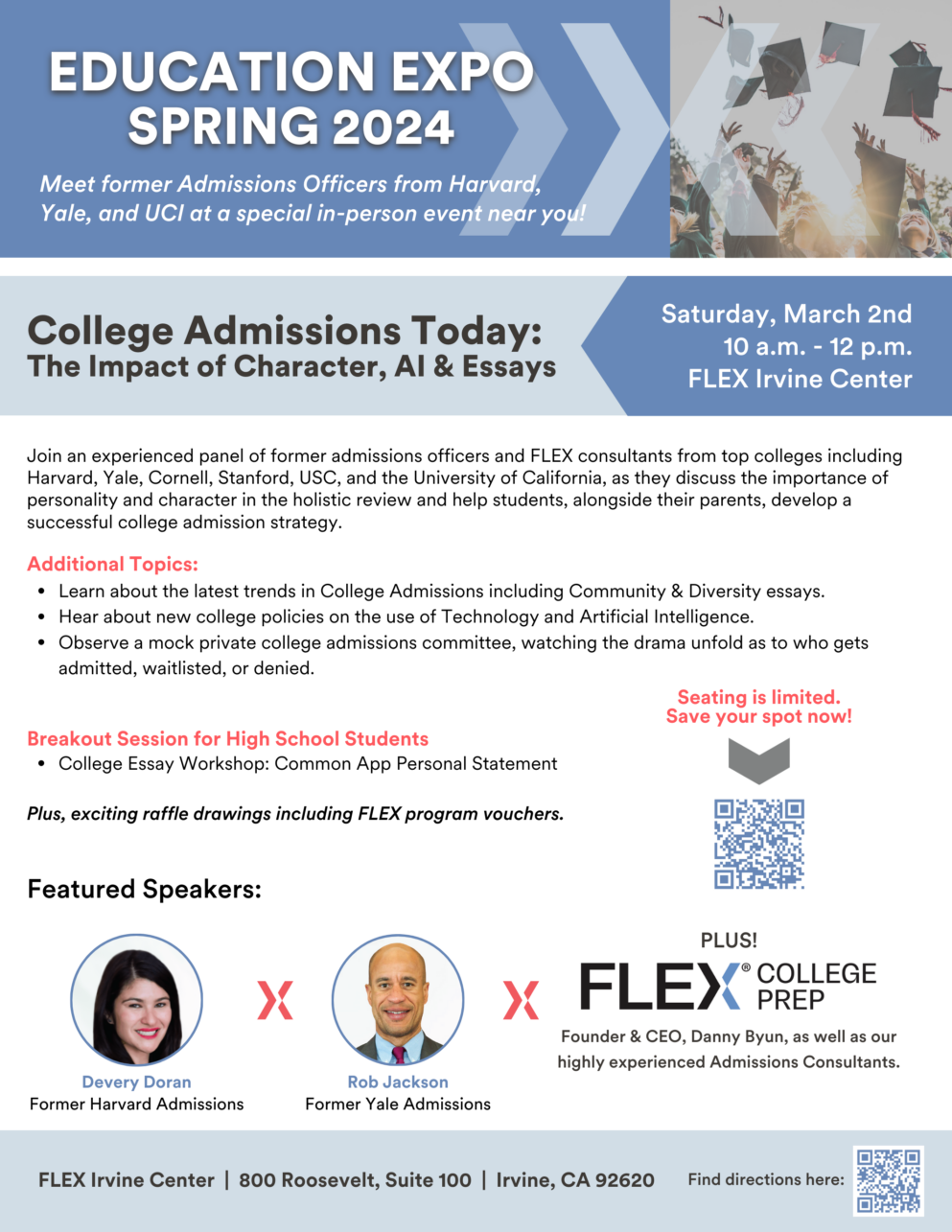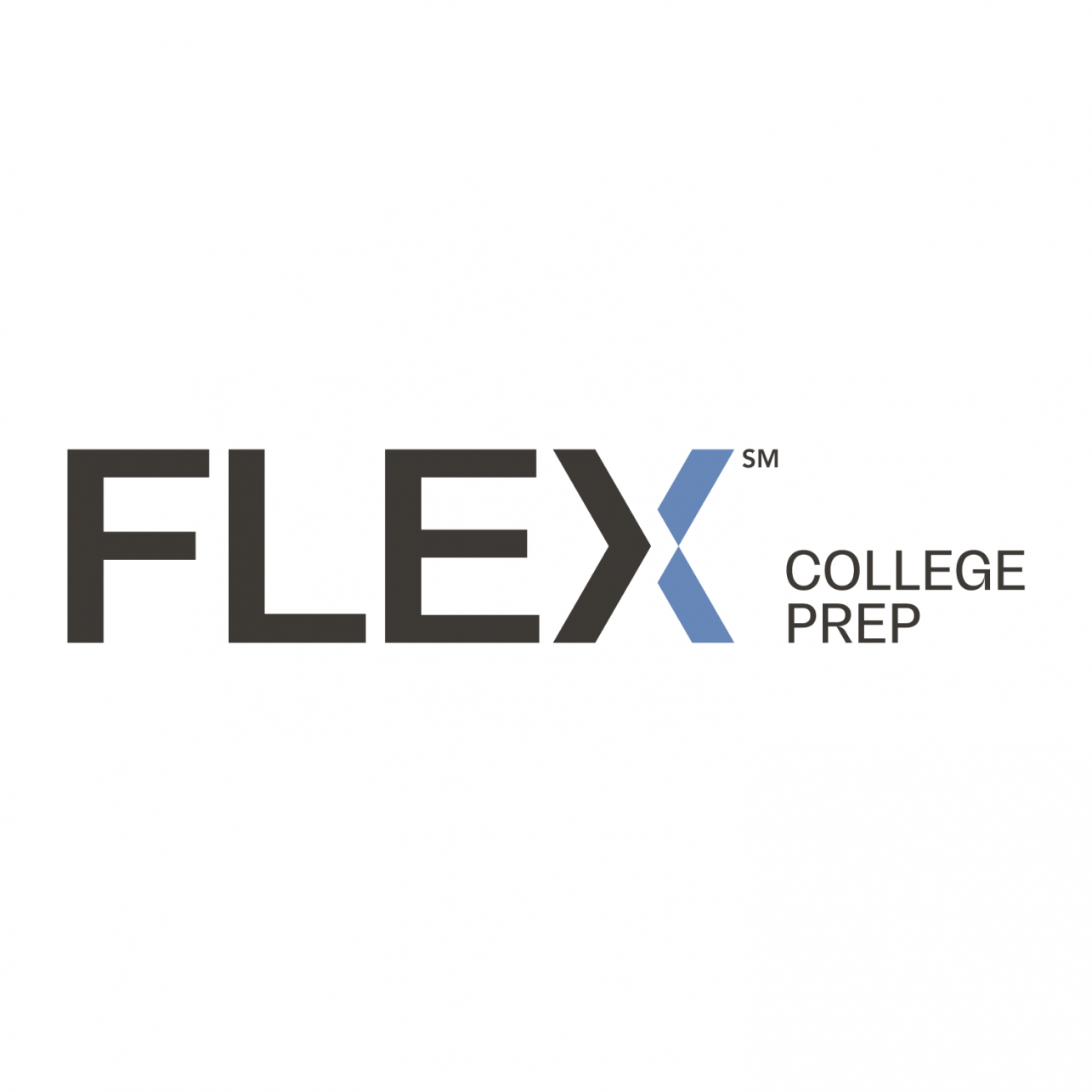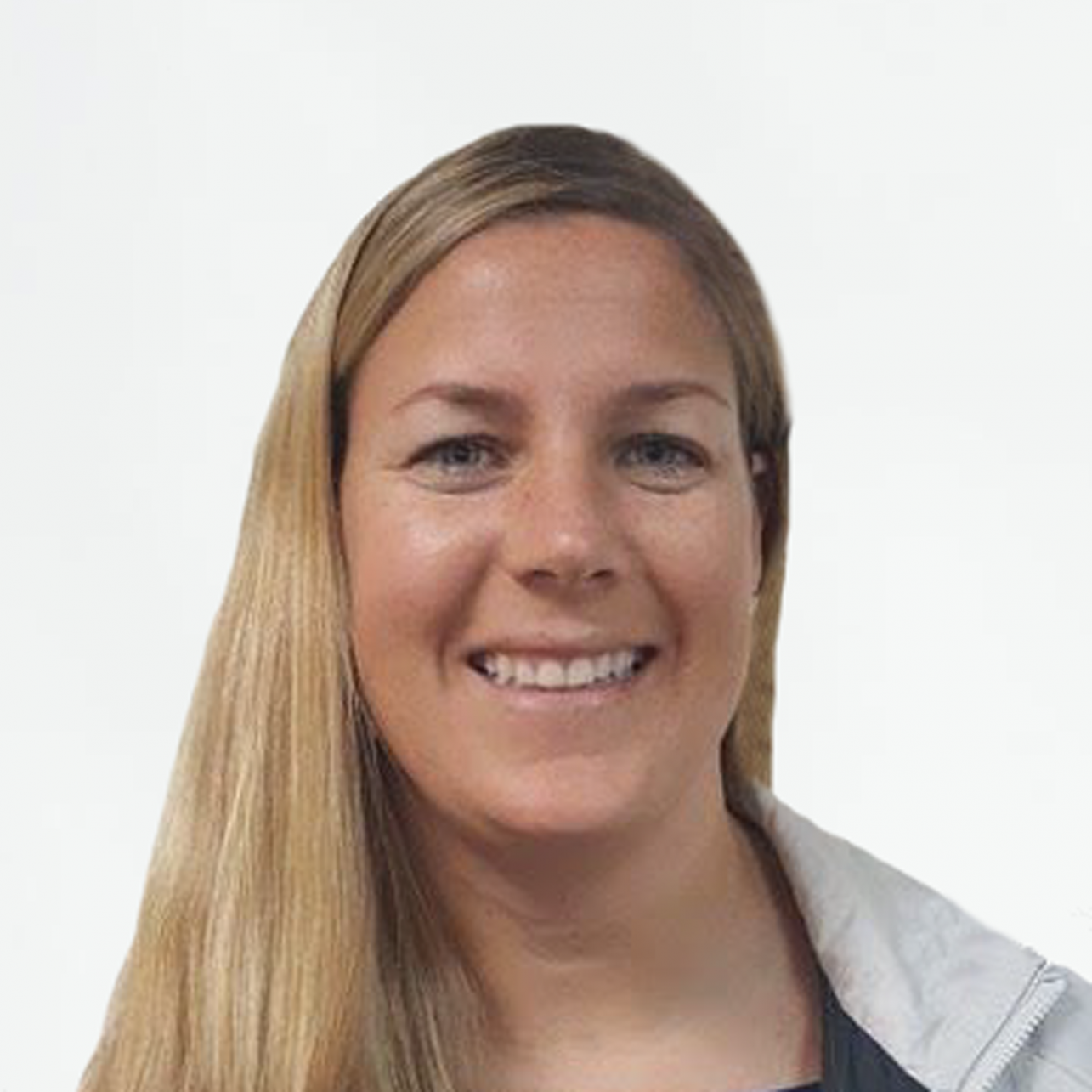Many things have been changing in the college admissions landscape. Notably, there has been a decreased emphasis on general standardized exams such as the SAT and ACT and a legal push to prevent such considerations. This was evidenced most dramatically in an Alameda County Court ruling that forced the UCs to stop using the SAT and ACT in the admissions process.
However, it is wrong to think that a push away from the SAT and ACT means that all standardized tests have become less relevant to the admissions process. In fact, colleges are relying on subject-specific standardized tests such as the APs (Advanced Placement exams) to give them the important academic data that they need in the admissions process. Robert Penman, while the Associate Director of Undergraduate Admission at UC Berkeley, said though SAT/ACT are not required, AP and IB exams would still be accepted and considered in lieu of the SAT.
The Berkeley admission website went further in stating that the reason UCs were able to remove the general SAT and ACT exams from the admissions process is that “SAT/ACT test scores were not the only academic indicators available on the application to assess students. Other academic indicators will continue to be assessed in the review process, including grades, the rigor of a student’s courses, other non-required tests (AP tests, IB test, etc.), and a student’s individual academic context.”
While the AP exams have always been one of the most important tools for universities to assess whether students are ready for college-level coursework, they have become more significant than ever with the shift away from the SAT and ACT.
To remedy this situation, there are a number of steps that students who are serious about preparing for college should take. Ideally, students should first be assessed to determine whether they are being adequately prepared for AP exams. Through February every year, FLEX offers FLEX AP assessments. These assessments are designed to diagnose learning shortfalls early enough that students can take steps to correct them. Assessments are graded by expert instructors with decades of experience according to the AP grading rubrics in order to give students a realistic picture of their preparedness.
For students who need to make up for certain weaknesses or gaps in their learning or want to ensure the highest scores possible come exam time in early May, FLEX offers AP prep classes. These classes, taught by experienced instructors, provide the following:
- Develop student understanding of the key concepts valued by and tested on the AP exams.
- Help students to retain necessary information better.
- Help students understand how information will be tested on the exam.
- Give students extensive practice on real AP materials, both multiple choice and free response questions.
- Provide extra help on the FRQ (free response question) section, which many students struggle with, despite feeling like they know the material. Students learn how to maximize their performance on this dreaded
- portion of the exams.
The college admissions process has been in a stage of evolution for many years now, even before the pandemic. However, colleges often announce intended changes well in advance of an application cycle, and informed families can prepare for the admissions process with a great deal of reliable information. In particular, students should tackle the matter of standardized testing and the growing importance of the AP exams well in advance of the early May exam schedule.
To learn more about our AP programs, visit our website.
Visit our Classes page for classes available online or in-person at certain FLEX locations.
To speak with a FLEX consultant about AP prep, schedule a meeting on this calendar.

Students need to stand out in the competitive admissions landscape. FLEX College Prep is a team of the best strategists in the industry and takes a holistic approach to ensure students use their pre-college years in intentional, enriching, and personally satisfying ways. Since 2001, we’ve worked with families to help students unlock their potential and find happiness, meaning, and success in college and beyond.


































